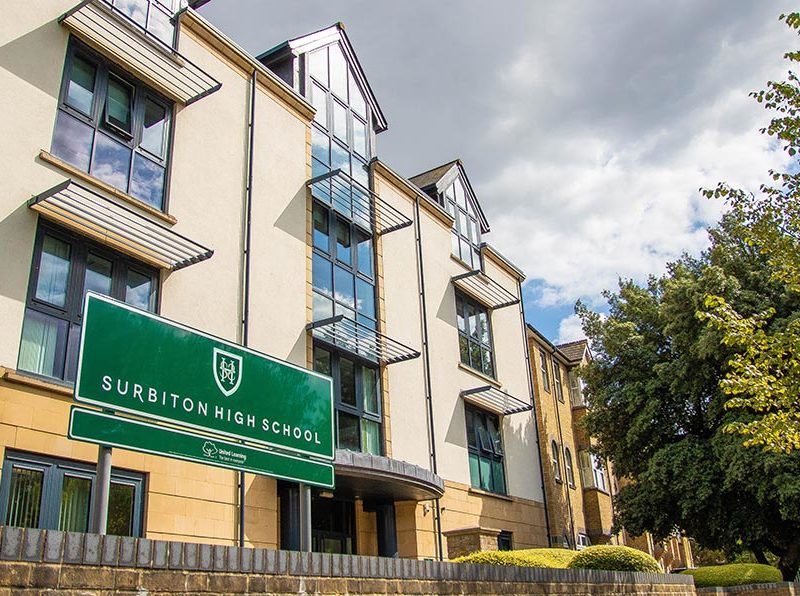
Choosing a Sixth Form: Assessing the Options
Choosing a Sixth Form: Assessing the Options
With a wide selection of great sixth forms in south west London and Surrey, how do you make the big decision on where to study at 16?
Much will have changed in the five years since your child started at secondary school. They may well be a very different student as they finish Year 11 – not only academically, but also their interests, even their personalities. A shy child in a small school may have blossomed and want to spread their wings, a child who once hated maths may now be thriving in their STEM-oriented school. So, how do you – and they – make the decision as to whether to stay where they are to study for further qualifications or head on to pastures new? Choosing a sixth form can require an assessment of your child’s circumstances.
One of the first things to look at is the subjects your child wants to study. Whether that be in the form of A-levels, the International Baccalaureate or more vocational BTECs, this is key. They need to be interested and motivated in the subjects, remembering that they will be focussed on these topics in-depth on a daily basis.
Advises Ms G Barroll Brown, Head of Sixth Form at the Beacon School in Banstead: “Year 11 students are about to embark on a new and incredibly exciting chapter of their educational journey. Decisions surrounding where to further their studies and what subjects to study can be daunting, particularly at a time where we find ourselves communicating remotely. For those struggling to gain clarity on these decisions, it is often best to start by asking: What is the purpose of the next two years? What do I want to get out of it? What are my career aspirations? Do I want to go to university, do an apprenticeship or go straight into employment? Which courses will help prepare me for these next steps?
“If you have an idea of the career you wish to pursue then choose subjects that will build the necessary knowledge and skills for this pathway. The UCAS website has ample information on careers guidance. If you are entering Key Stage 5 studies without a clear career plan then this is nothing to worry about, in fact this is very common, but it is worth making sure that the courses you choose develop transferable skills that will prepare you for numerous options. If in doubt, choosing subjects you genuinely enjoy will be very important to drive the self-motivation required over the next two years.”
Another deciding factor will be the individual support available for your child – whether they are staying on in their existing school or looking to go somewhere new. Says Mr John MacLean, Head of Sixth Form at Halliford School in Shepperton: “The principal benefit of staying on is that your teachers know you exceptionally well. You are going to be making some of the biggest decisions you will have made so far, and your teachers not only understand how you learn, but will also be instrumental in offering advice to support you through the challenges of further study, university and apprenticeship applications, and all the other opportunities and exciting challenges that your two years of Sixth Form will bring.”
“For new students, we have a thorough induction programme that helps our new Lower Sixth students settle into academic, sporting, and cultural life at Halliford School and they bring new skills and views that enhance our Sixth Form community. Each student’s unique potential is recognised, and they are valued, challenged, and supported so that they can exceed this potential whether in the classroom, the sports field, as part of a musical ensemble, or in becoming a future leader.”
Mr MacLean adds: “Although it may sound clichéd – follow your heart. You know which school will be the best choice for your child as they become a young adult. At this age, their input into this process is crucial as they must find themselves in an environment that is right for them and presents the sort of opportunities that will see them thrive. Although one of the major priorities will be to achieve the best academic results your son or daughter is capable of, finding a school that also offers opportunities to develop as a confident, kind, aspirational and forward-thinking young adult equipped with the skills for a fast-changing world is key.”









